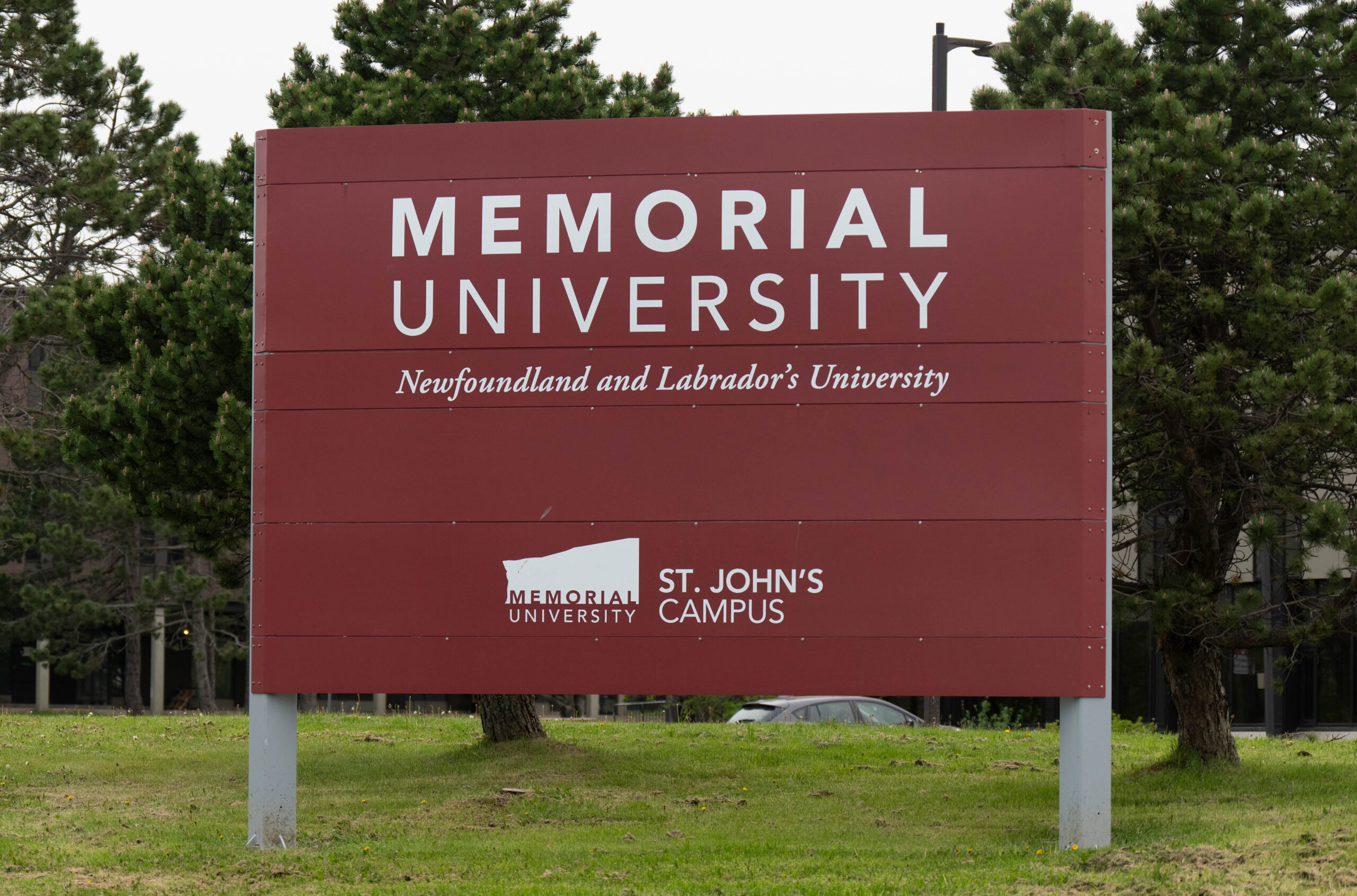Clinical teaching stoppage delays Quebec med students’ graduation
Legault government passes special legislation changing doctors’ pay structure and ordering clinical educators back to work.

Approximately 1000 Quebec medical students nearing the end of their degrees will see their graduation delayed due to a teaching stoppage among the province’s doctors — and that number could grow if the labour action continues. The delay in graduation means that these physicians-in-training won’t begin their residencies in July 2026 as scheduled, which could throw planning in several hospitals and health facilities into turmoil.
“We have been absolutely paralyzed by these pressure tactics by teaching physicians,” said Dr. Patrick Cossette, Dean of the Faculty of Medicine at Université de Montréal and President of the Conférence des doyens des facultés de médecine du Québec. “Clinical rotations have been especially affected. Medical students undertake four years of training: two of theoretical study and two of clinical rotations. There are workarounds for theoretical study, but clinical rotations have been at an almost complete standstill for the last six weeks. We can’t make up for this lost time in our current calendar.”
Dr. Cossette said he believes the situation is unprecedented. “I don’t think we’ve seen this before in Quebec, or, to the best of my knowledge, anywhere in Canada.”
The Fédération des médecins spécialistes du Québec (Quebec federation of medical specialists or FMSQ) initiated the teaching stoppage. The Fédération des médecins omnipraticiens (Quebec federation of general practitioners or FMOQ) joined in early October, also suspending their clinical teaching. These pressure tactics come in response to Bill 106, a provincial government bill originally tabled in May, which links a portion of doctors’ pay to performance indicators. A press release demanding that the government withdraw the bill was issued in September by the FMSQ, the FMOQ, the Fédération des médecins résident·e·s du Québec (Quebec federation of resident physicians or FMRQ) and the Fédération médicale étudiante du Québec (Quebec federation of medical students or FMEQ).
Medical students held hostage
Dr. Cossette stressed that universities are implementing all possible measures to support medical students, but he said that “the best way to support them would be to end the dispute swiftly.” He added that the situation has caused students “considerable stress” as they scramble to extend rental leases and revisit their budgets.
Universities are offering administrative and psychological support to help students weather the crisis, and implementing flexible measures to adapt clinical rotations and make last-minute changes in schedules.
On Oct. 24, Premier Franҫois Legault’s government tabled emergency legislation in the form of Bill 2, which imposes the new pay structure on doctors and forces them to resume clinical education. The bill passed in the early morning hours of Oct. 25 in a special session of the Quebec legislature. By suspending the right to strike and imposing an immediate return to work, the bill raised consternation among students. FMEQ vice-president Félicia Harvey told the Journal de Montréal that students had lost confidence in the government, and that the law ignores the deep-rooted causes of its conflict with doctors, leaving students caught between a rock and a hard place.
Timeline
- Dec. 17, 2024: The FMRQ announces that negotiations with the Minister of Health were heading toward an impasse.
- May 8, 2025: Bill 106 is tabled.
- Sept. 23, 2025: The FMOQ votes 91 per cent in favour of suspending teaching activities as of Oct. 1.
- Oct. 25, 2025: In a special sitting, the government adopts Bill 2, which ends the teaching stoppage and imposes a new pay structure on doctors.
Featured Jobs
- Psychology - Assistant Professor (Quantitative Methods / Data Science)MacEwan University
- Business - Assistant Professor (Digital Technology)Queen's University
- Psychology - Assistant ProfessorSt. Jerome's University
- Education - Indigenous Lecturer or Assistant Professor, 2-year term (Teacher Education)Western University
- Law - Assistant or Associate Professor (International Economic Law)Queen's University
















Post a comment
University Affairs moderates all comments according to the following guidelines. If approved, comments generally appear within one business day. We may republish particularly insightful remarks in our print edition or elsewhere.